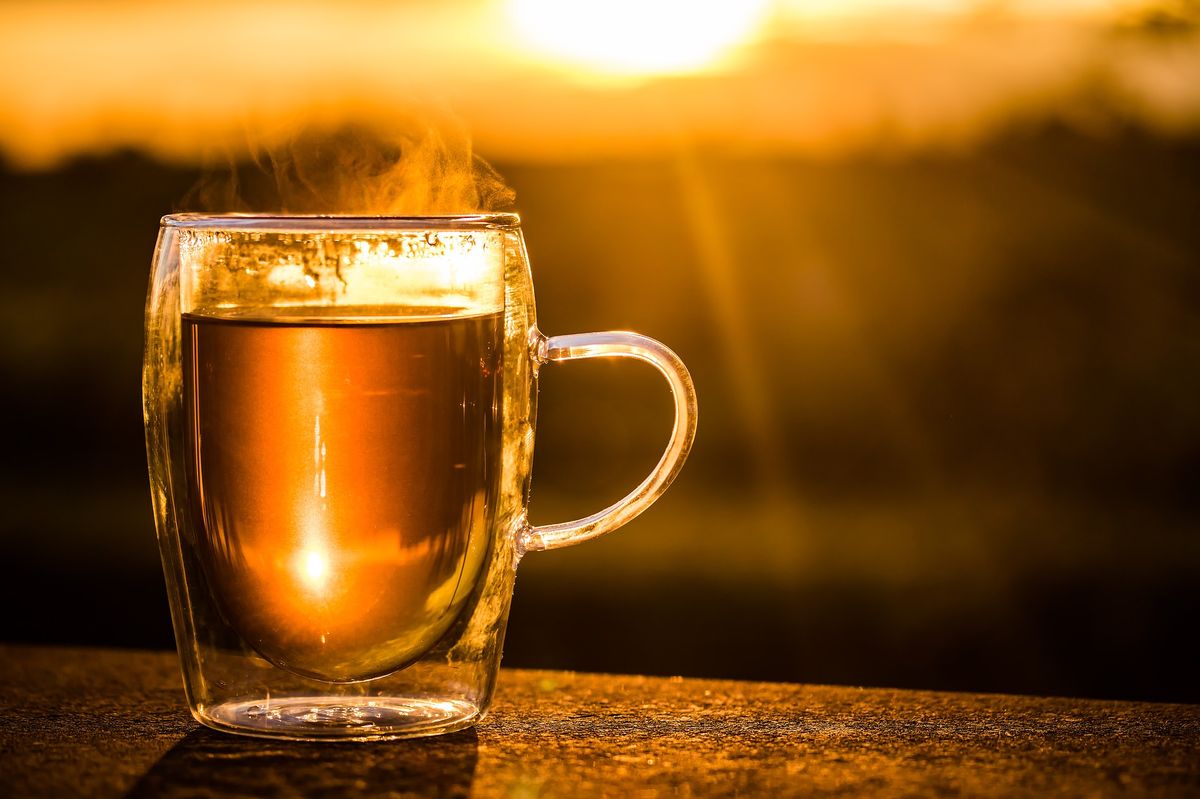Rest on Gratitude
Rather than building up frustration on what we think “should” be, we can rest on a proven practice to steer us towards a happier and healthier state, we can rest on gratitude.

Entitlement thwarts our ability to be grateful and leaves us hurting and unfulfilled. Instead of being grateful for what is, we consider what we think we should or should not have. We shouldn’t have to deal with a global pandemic. I should have earned the promotion. Things should be different for me.
More is and will always be possible. Properly and thoroughly valuing all we have may always remain out of reach. That is, unless we take the time to practice gratitude. Rather than building up frustration on what we think “should” be, we can rest on a proven practice to steer us towards a happier and healthier state, we can rest on gratitude.
Grateful people experience higher levels of positive emotions such as joy, enthusiasm, love, happiness, and optimism, and gratitude as a discipline protects us from the destructive impulses of envy, resentment, greed, and bitterness. People who experience gratitude can cope more effectively with everyday stress, show increased resilience in the face of trauma-induced stress, recover more quickly from illness, and enjoy more robust physical health. Many of these effects are quantifiable. Consider these eye-popping statistics. People are 25 percent happier if they keep gratitude journals, sleep one-half hour more per evening, and exercise 33 percent more each week compared to persons who are not keeping these journals. - Robert Emmons from Gratitude Works!
Are you sold? I am. That final note on exercise was particularly interesting to me. I wondered, why would keeping a gratitude journal cause us to exercise more? I sat with this question until the next time I practiced gratitude, and then it became clear: our body is an unbelievably efficient machine. No matter the number of ailments, more things are generally working in our favor than not. Consider two perspectives:
I have some upper-back tightness, and my shoulders don't work quite as well as I'd like them to. Chest tightness exacerbates some of these issues. I have flat feet, and my knees aren't great. It’s easy for me to dwell on all of my limitations. If my shoulders, chest, knees and feet all worked like they should, I'd be happy to workout right now. Since they don't, I may as well not workout at all.
OR
I'm grateful to have no major injuries. I've never broken a bone and have never had surgery. I can run and lift weights. I can play basketball and swim. My body recovers quickly, and I'm able to sleep well at night. I'm able to fuel my body with healthy foods, and I have abundant resources for workouts I can do from home. I have a lot to be grateful for. There's a lot I can do.
And you know what? That compels me to utilize this body in the best way possible. I think it’s time for a workout.
That's the conclusion I came to as to why those who practice gratitude exercise more. Was there a different conclusion the scientists came to in that study? Perhaps. But I've realized that more important than what's true for the masses is: what's true for me? Moreover, what's true for you?
No matter how distressed our routine, how altered our plans, how much we wish things were different, we have so much to be grateful for. Let's choose to be grateful. Being grateful is both a decision and a practice. Let’s decide it’s worthwhile, and let's practice gratitude today and every day after. Let’s rest on gratitude.
Reflect
Bust out a journal or piece of paper and write down at least three things (or people) you’re grateful for.
- What are you grateful for?
- What are you grateful for?
- What are you grateful for?
Action
Reach out to at least one person today to let them know why you're grateful for them. Encourage them to pass it along.
Sending love to you all.
